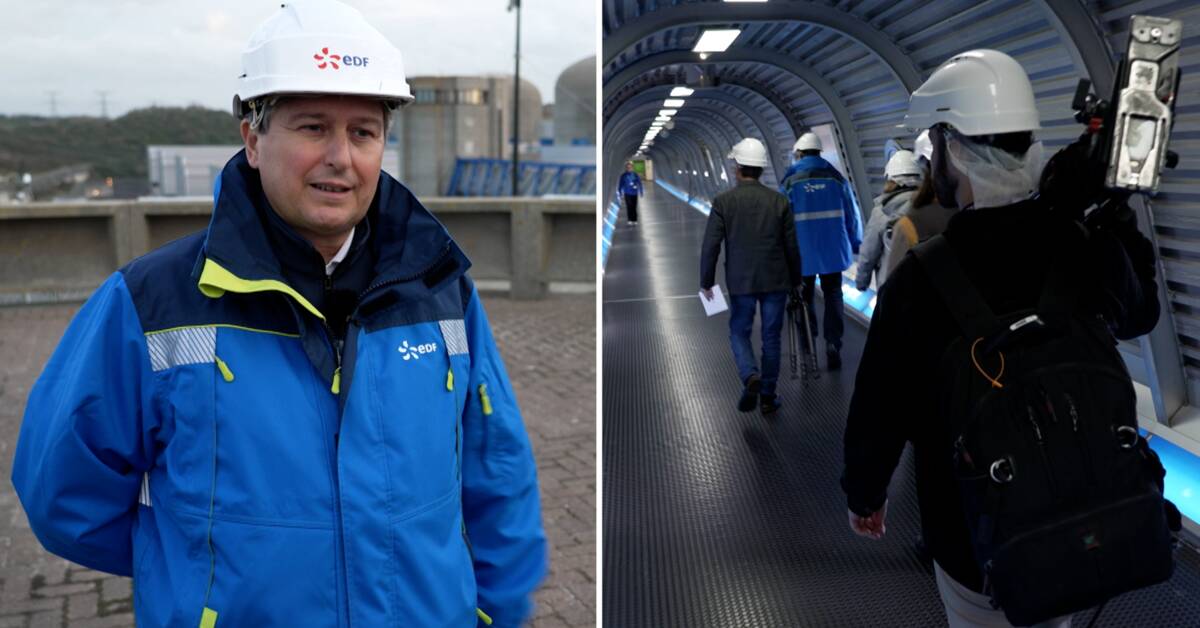With Europe's largest nuclear power park, France is often seen as the flagship of nuclear power, but right now 26 of the country's 56 reactors are shut down.
Eleven of them are undergoing maintenance work that was delayed during the pandemic, and 15 are closed due to damage.
Several reasons
It was last year that stress corrosion was first discovered in the country's newest nuclear power plant, damage that was subsequently discovered in several other reactors.
They are believed to be due to a change in construction, and the repairs are both difficult to perform and time-consuming.
In addition, this summer several reactors had to reduce production because of problems with cooling.
The recurring heat waves had made the water in the rivers too warm.
Lowest ever
It is now clear that this year's electricity production will be the lowest ever with the current nuclear power park.
The state energy company EDF, which operates the nuclear power plants, expects to be able to deliver 275-285 TWh - the maximum capacity is 450 TWh.
A reduction that is estimated to cost SEK 350 billion in lost income.
- Today, our main priority is to reconnect all reactors to the electricity grid, which we are doing, says Jean-Marie Boursier, director at the nuclear power plant in Paluel.
Electricity from coal instead
Normally, France is an important exporter of fossil-free nuclear electricity to neighboring countries.
But for the first time in decades, this year France will have imported more electricity than it exported.
Recently, Germany has been selling electricity to France, where most of the production comes from coal-fired power plants.
Want to build new
The record weak year has revived an otherwise low-key debate;
whether it is possible to rely on nuclear power in the future.
At the same time, the French government is considering building up to 14 new nuclear power reactors.
- It is complicated when we have this uncertainty about the availability of nuclear power.
But it is in that context that the debate about the future of nuclear power will have to be conducted in France, says Patrice Geoffron, research leader at the University Paris Dauphine.

